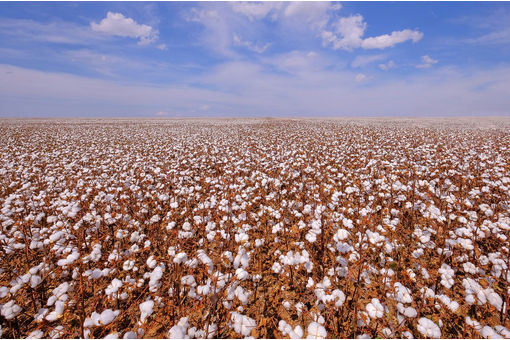EU proposes preferential trade with Myanmar
'Everything But Arms' is part of the EU's 'Generalised System of Preferences' and an important scheme to help developing countries boost their economy by providing them with tariff preferences when selling on the EU market. Myanmar/Burma would benefit from the 'Everything But Arms' system because it is classified as a 'Least Developed Country' (LDC) by the United Nations.
EU Trade Commissioner Karel De Gucht said: "Since Myanmar/Burma started to open up earlier this year I saw the need to underpin such deep and important changes with real economic support once key improvements for the workforce had been met. Trade is fundamental to supporting political stability and the EU's trade preferences mean we will give this reform-minded country priority access to the world's largest market. That said, we will continue to engage with Myanmar/Burma to encourage continued progress on all fronts."
After many years of international isolation, the EU believes the unprecedented developments now mean the time is right for Europe to open a new chapter in its relations with this South-East Asian country. The Commission believes that, despite the many structural constraints the country continues to face, Myanmar/Burma should see an increase in exports to the EU market under the 'Everything But Arms' preferential trade regime.
In 1997, the country was suspended from the GSP scheme as a result of the country's serious and systematic violations of core international conventions on forced labour.
In June this year, the International Labour Organisation (ILO) concluded that significant progress had been achieved by Myanmar/Burma, although some residual problems with forced labour persist. On this basis, EU law foresees that preferences should be reinstated.
The Proposal is subject to the ordinary legislative procedure (OLP), hence the proposal will be submitted simultaneously to the Council and the European Parliament (EP) for agreement. The Commission hopes that a positive decision can be taken as quickly as possible.
Myanmar/Burma exports to the EU totalled €169 million in 2011—this is approximately 3% of the country's total exports to the world, and 0.01% of the EU's total imports. These limited exports to the EU are concentrated on clothing.
European Commission
































-Ltd..jpg?tr=w-120,h-60,c-at_max,cm-pad_resize,bg-ffffff)





.jpg?tr=w-120,h-60,c-at_max,cm-pad_resize,bg-ffffff)
.jpg?tr=w-120,h-60,c-at_max,cm-pad_resize,bg-ffffff)






